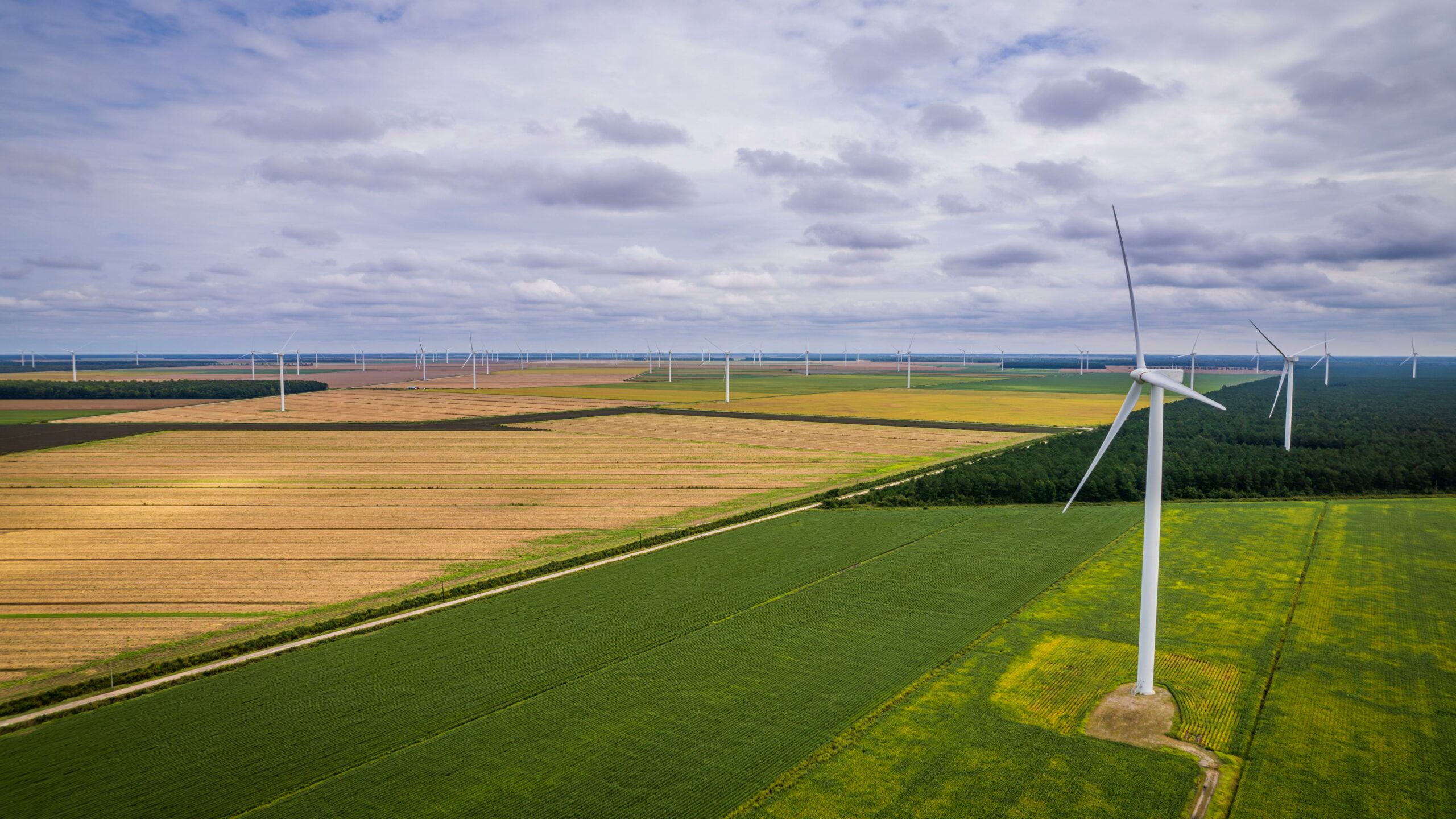In a world facing the climate crisis and the depletion of fossil fuels, renewable energy presents an essential solution to meet the growing energy demand while reducing greenhouse gas emissions. For developing countries, these energy sources offer a unique opportunity to meet their energy needs while adopting a more sustainable path. However, can this promise be realized, or is it just an illusion?
A UNIQUE OPPORTUNITY TO FILL THE ENERGY GAP
In many developing countries, access to energy remains a major challenge. According to the International Energy Agency (IEA), nearly 770 million people still lack access to electricity, mainly in Sub-Saharan Africa and South Asia. Renewable energies, particularly solar and wind power, provide an adaptable solution for remote areas where traditional infrastructure is absent.
Projects such as solar mini-grids in Tanzania or off-grid photovoltaic systems in Bangladesh have shown that renewable energy can provide electricity at relatively low costs while being sustainable. These technologies can transform rural communities, creating economic opportunities and improving living conditions.
STRUCTURAL AND ECONOMIC CHALLENGES
Despite their potential, the adoption of renewable energy in developing countries faces significant obstacles. The initial investment to install renewable infrastructure remains high, and governments in these countries often have limited budgets. Additionally, access to international financing is often conditioned by complex requirements, which slows down project deployment.
Technological limitations also present a barrier. For example, storing energy generated by intermittent sources like solar or wind remains a costly challenge. Without reliable storage solutions, these energies cannot meet the continuous demand of consumers.
RENEWABLE ENERGY FACING THE COMPETITION OF FOSSIL FUELS
Ironically, fossil fuels continue to be the preferred alternative in many developing countries. Their immediate operational costs are often lower, and existing infrastructure favors their use. For example, several African countries have significant reserves of oil and gas, pushing them to rely on these resources at the expense of renewable solutions.
Moreover, lobbying by oil and gas companies can influence political choices, limiting investment in green technologies.
TOWARDS A SUSTAINABLE FUTURE: POSSIBLE SOLUTIONS
To realize the potential of renewable energy, several actions are necessary:
- Strengthen international financing: International financial institutions and donors must simplify access to financing for environmental projects. Mechanisms such as grants and low-interest loans can accelerate the adoption of renewable energy.
- Promote public-private partnerships: These partnerships can play a crucial role in building and maintaining energy infrastructure.
- Invest in research and development: The development of affordable and effective energy storage technologies is essential to solve the intermittency problem.
- Raise awareness in local communities: Involving local populations in energy projects can ensure their success and sustainability.
Renewable energies offer a unique opportunity for developing countries to meet their energy needs while adopting a more sustainable path. However, this transition is not without challenges. By overcoming financial, technical, and political obstacles, renewable energies can become a long-term lever for development. It is therefore not an illusion but an ambition that requires collective will and concerted efforts to be realized.
